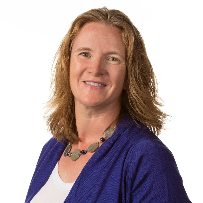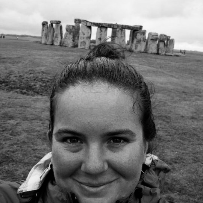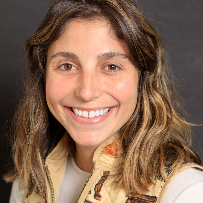



SOUTHWORTH – Breaking Boundaries: Celebrating Women’s Achievements in Remote Sensing
Jane Southworth, Erin Bunting, Hannah Herrero, Kelley Crews
Article first published online: 29 Feb 2024
DOI: https://doi.org/10.3389/frsen.2024.1369697
ABSTRACT: The scope of this issue spans from theoretical advancements to practical applications, addressing global challenges through a multifaceted lens. Together, these papers weave a rich tapestry of innovation, diversity, and scientific rigor. They not only demonstrate the invaluable contributions of women in remote sensing but also chart a course for future research in this dynamic field. As we stand at the intersection of technology, environmental science, and gender equality, this special issue marks a significant milestone in our collective journey toward a more inclusive and sustainable future. Highlighting themes, synergies, and connections among the 15 papers in this special issue on Women in Remote Sensing showcases the diversity and collaborative potential within the field. Broadly speaking, these manuscripts as well as participants in and sponsors of the 6-part Women in Remote Sensing presentation sessions, the Remote Sensing Specialty Group Highlight Session, mentoring reception, and community-building dinner at the 2023 American Association of Geographers (AAG) illustrate the breadth and depth of foundational contributions spanning: 1) data/data collection devices and protocols, 2) methodological and analytical approaches, 3) implemented across a vast array of regions and units of analysis, and 4) ranging over many topical fields of study while 5) shining a light on the community building, mentoring, and inclusivity inherent in this collaborative approach to science (Figure 1). In summary, this special issue, diverse among approaches, topical foci, and authorship occupational roles, collectively emphasizes the importance of technological innovation, environmental stewardship, climate change research, urban and land use studies, data integration, policy impact, and the promotion of diversity in the remote sensing field. This special issue not only contributes significantly to the scientific literature but also reinforces the vital role of women in advancing remote sensing research and its applications for an inclusive, collaborative, and sustainable future.
Read the full publication in Frontiers in Remote Sensing.